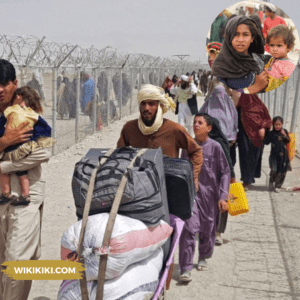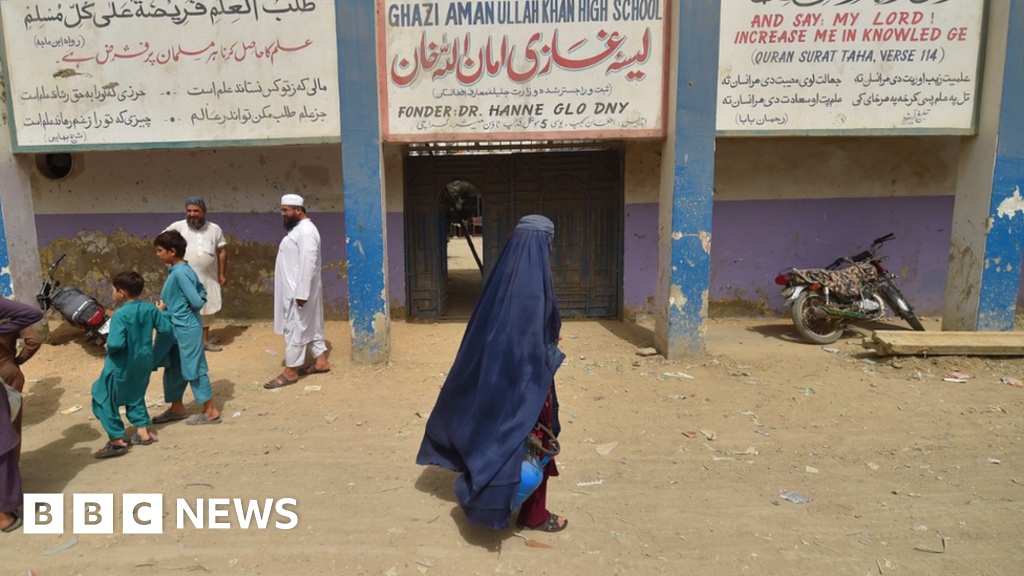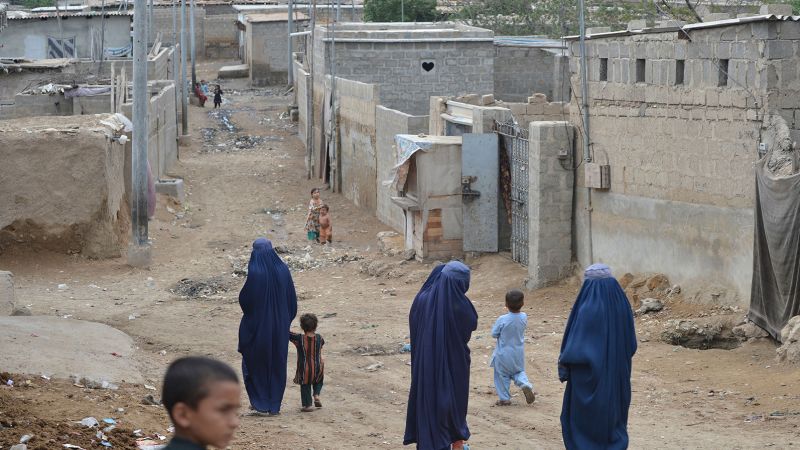Pakistan’s government has declared a significant crackdown on undocumented Afghan migrants living in the nation, including an estimated 1.7 million Afghan nationals. This move has raised concerns and set off a flood of panic among the impacted population, especially Afghan Migrants living in Pakistan without valid documentation.

Also Read: Paris Battles Bedbug Infestation ahead of 2024 Summer Olympics
The decision to expel these Afghan migrants comes in the midst of stressed relations among Pakistan and its neighbor, Taliban-led Afghanistan, and mounting security worries along their shared border.
Pakistan has for some time been a sanctuary for Afghan refugees, with millions escaping Afghanistan during the Soviet occupation from 1979 to 1989. Over the years, this influx of refugees has resulted in one of the world’s largest refugee populations.
Additional waves of Afghan refugees arrived in Pakistan, including around 100,000 individuals who sought refuge after the Taliban’s return to power in Afghanistan in August 2021.
Right now, there are an estimated 4.4 million Afghan migrants living in Pakistan. Among them, around 1.7 million are unregistered, according to Pakistan’s Interior Minister, Sarfraz Bugti.
The people who have registered with Pakistani authorities have been given government ID cards, permitting them to do essential activities like banking and enrolling in schools.
The decision to expel undocumented Afghan migrants denotes a departure from previous immigration policies in Pakistan.
While Pakistani authorities have regularly arrested and deported Afghan migrants without valid documents in the past, this is the first time the government has announced such a large-scale crackdown on illegal immigration.
Also Read: Pope Francis Suggests Catholic Church Could Bless Same-Sex Unions
It is quite important that this major policy shift has happened during a period of caretaker government. Caretaker governments in Pakistan are typically responsible for bridging the gap between the end of one five-year National Assembly term and the subsequent elections.
Caretaker Prime Minister Anwaarul-Haq-Kakar assumed power in August and is expected to rule until the scheduled elections at the end of January.
The Pakistani government’s decision to expel undocumented Afghan migrants is justified on the grounds of national security.
Pakistani officials allege that Afghan nationals have been involved in a series of terrorist attacks on Pakistani soil.
These attacks have been attributed to Taliban-allied militants who cross the Pakistan-Afghanistan border and seek refuge in Afghanistan.
Interior Minister Bugti claimed that since January, Pakistan has experienced 24 suicide bombings along its border, with Afghan nationals implicated in 14 of these attacks.
This security threat, as perceived by the government, has contributed to the decision to address the issue of undocumented Afghan migrants more forcefully.
Also Read: Nepal Hit by 2 Earthquakes, Strong Tremors Felt in North India
The Taliban government in Afghanistan, which controls the country since its takeover in 2021, has voiced its opposition to Pakistan’s deportation plans.
Zabihullah Mujahid, the chief spokesman for the Taliban, described Pakistan’s actions as “unacceptable” and urged Pakistan to reconsider.
He emphasized that Afghan migrants are not responsible for Pakistan’s security problems and called for their voluntary departure, implying that Pakistan should tolerate their presence.
Implementing the removal of 1.7 million undocumented Afghan migrants is a complicated and challenging task. It stays muddled how Pakistani specialists will distinguish and find these people, especially given the vast numbers involved.
The logistical and humanitarian aspects of such an operation raise significant questions, as it is virtually impossible to detain or expel such a large population within a short timeframe.
Moreover, the forced deportation of Afghan refugees could have severe humanitarian consequences, as many of these individuals have lived in Pakistan for decades and have built their lives there.
Families may be torn apart, and individuals may be returning to a country with limited resources and ongoing security concerns.
Also Read: At Least 2 Killed in Bangkok Mall Shooting, Suspect Arrested




/cloudfront-us-east-2.images.arcpublishing.com/reuters/BIL3BSINNFLMXGEECHL3MTAPBI.jpg)

















